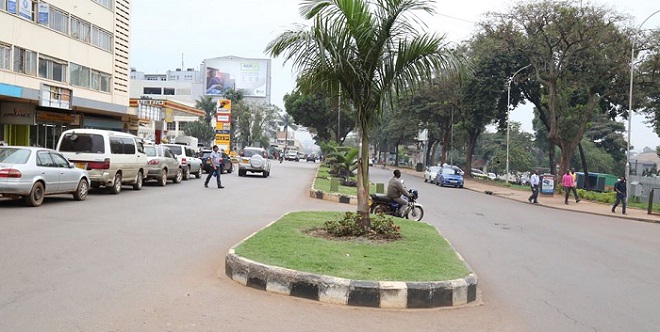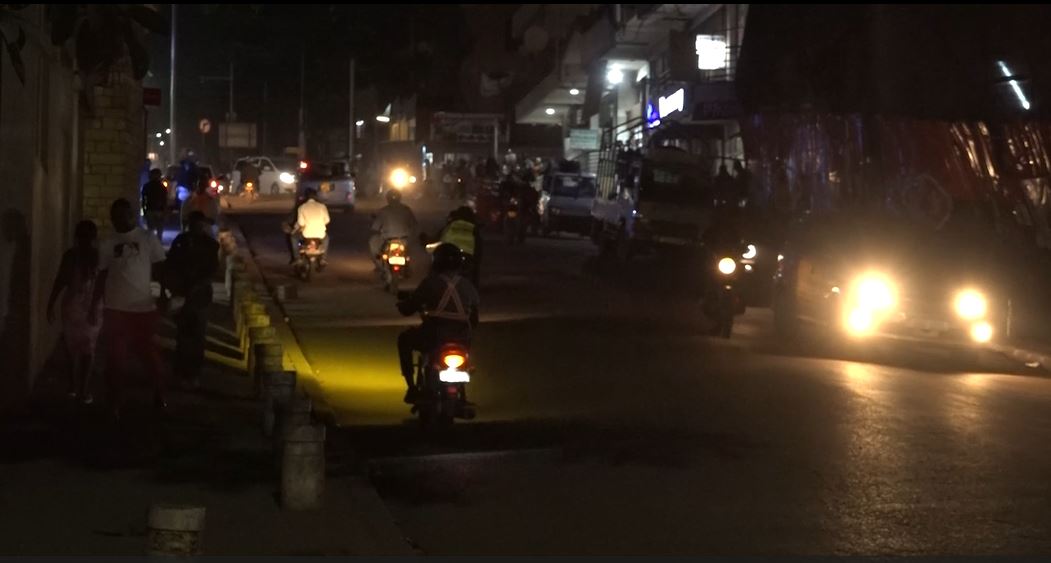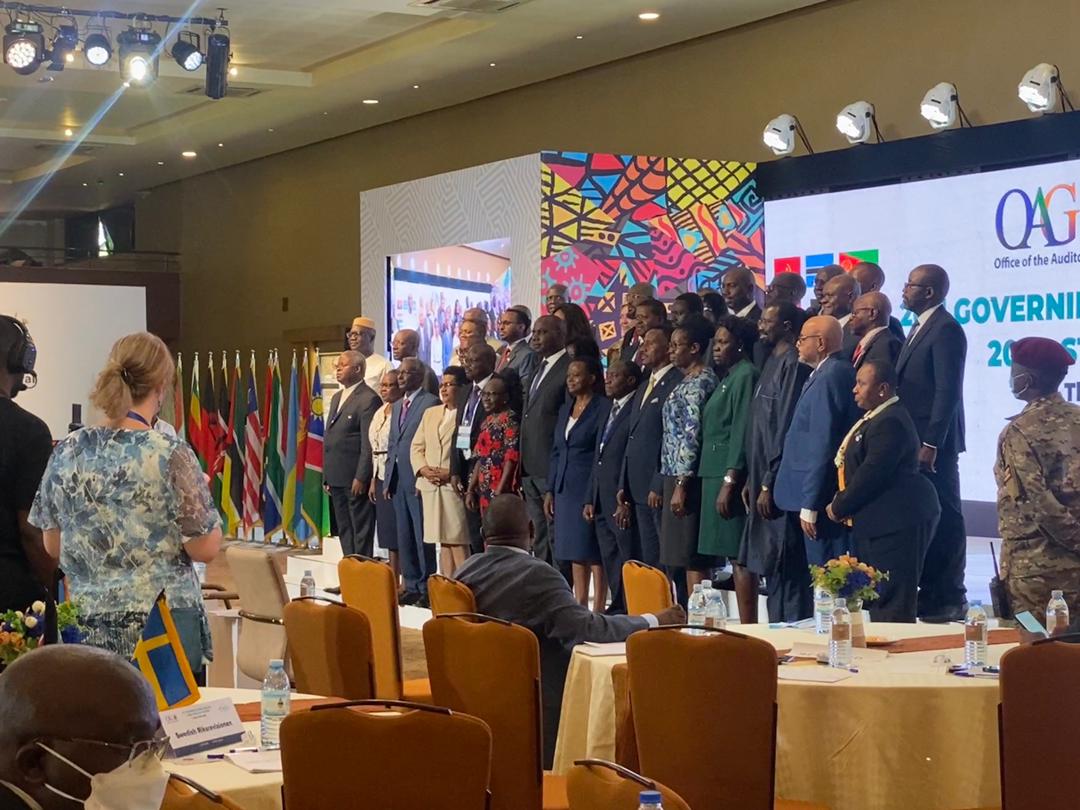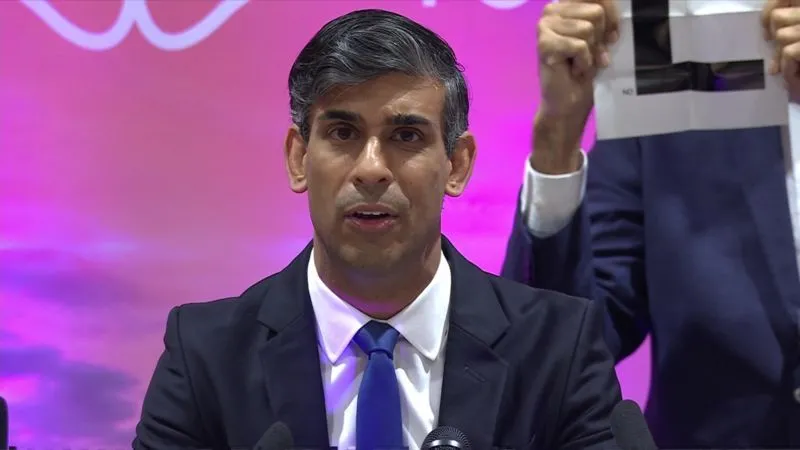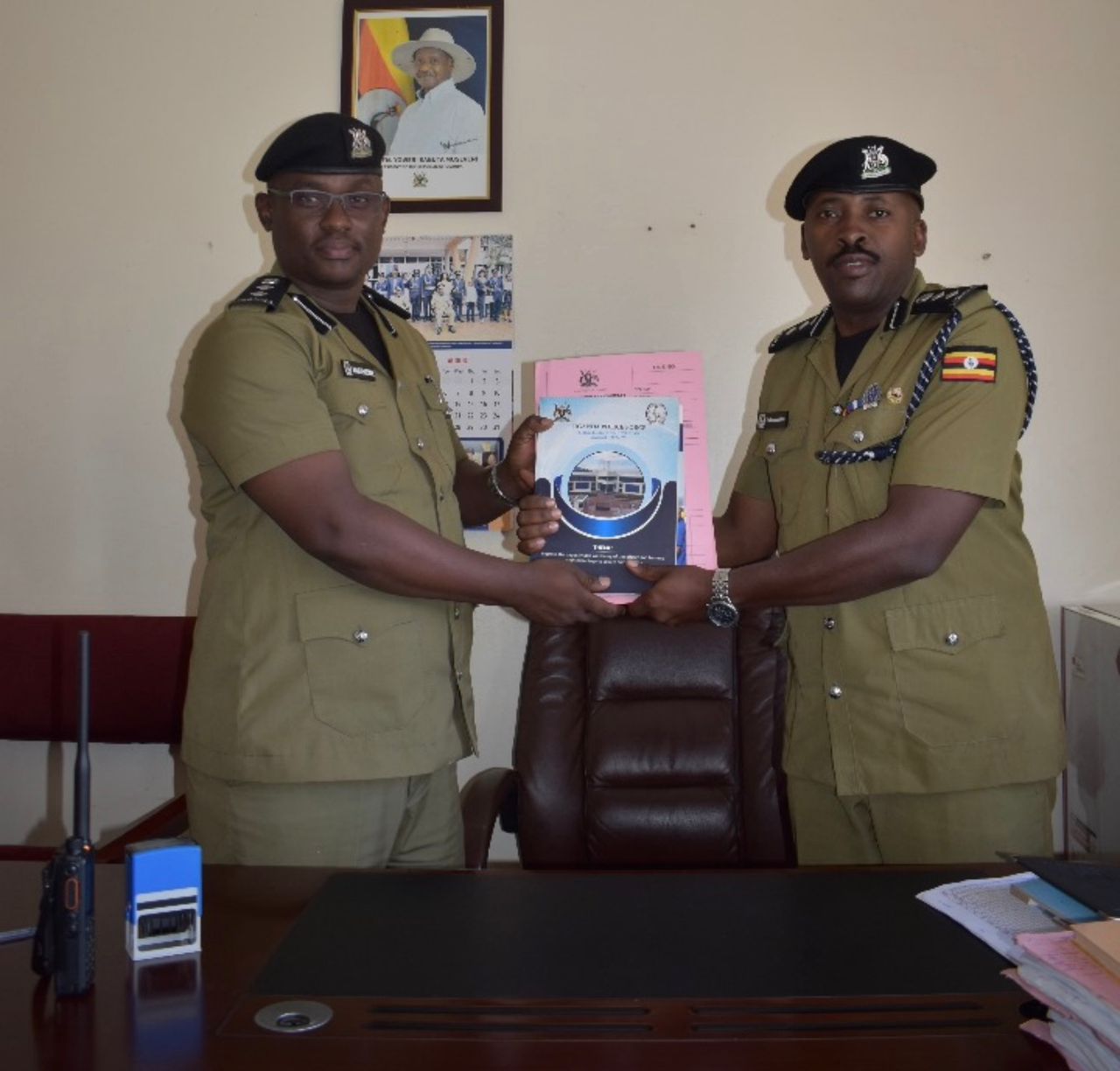Kampala struggles with flooding and pollution

Kampala's drainage system, a crucial infrastructure network designed to manage storm water and prevent flooding, is severely overwhelmed.
The city’s drainage network comprises several channels, including the prominent Nakivubo Channel, smaller tributaries, and an array of underground pipes.
Keep Reading
Despite their intended purpose, these systems are often clogged with silt, garbage, and unregulated sewage, resulting in frequent blockages and overflows.
The impacts are far-reaching. Flooded streets disrupt transportation, making it difficult for residents to commute to work or school.
Businesses suffer as goods are damaged and customers stay away.
The health implications are also severe; standing water becomes a breeding ground for mosquitoes, leading to increased cases of malaria and other waterborne diseases.
Furthermore, the contamination of water sources with untreated sewage poses significant public health risks.
Several factors contribute to Kampala's drainage challenges. Chief among them is rapid urbanization. The city's population has grown exponentially, with informal settlements and unplanned construction putting immense pressure on existing infrastructure.
Many of these areas lack proper drainage systems, leading to increased runoff during heavy rains.
Moreover, poor waste management practices exacerbate the problem. With insufficient waste collection services, residents often dispose of garbage in drainage channels. This not only clogs the system but also contributes to pollution, turning drainage channels into hazardous open sewers.
Encroachment on wetlands, which naturally absorb and filter storm water, has further compounded the issue.
As Kampala expands, these critical ecosystems are being destroyed to make way for development, reducing the city's natural capacity to manage floodwaters.
The Ugandan government, along with the Kampala Capital City Authority (KCCA), has acknowledged the urgency of addressing the city’s drainage issues.
Various initiatives are underway to improve the drainage infrastructure and mitigate the effects of flooding.
Key projects include the rehabilitation and expansion of major drainage channels.
KCCA has undertaken efforts to desilt and widen channels like Nakivubo, Lubigi, and Nalukolongo to enhance their capacity.
Embankments are being constructed, and retention ponds are being developed to manage storm water more effectively.
In addition, there is a push towards better urban planning and the enforcement of regulations to prevent illegal construction and encroachment on drainage pathways.
KCCA is also working on improving waste management services to reduce the amount of garbage entering the drainage system.
Public awareness campaigns aim to educate residents about the importance of proper waste disposal and the risks of flooding.
Community involvement is crucial to the success of these initiatives. Local organizations and environmental groups are actively engaging in clean-up drives, tree planting, and advocacy efforts to promote sustainable urban living.
These grassroots movements play a vital role in fostering a culture of environmental stewardship and encouraging residents to take ownership of their surroundings.
AI generated





